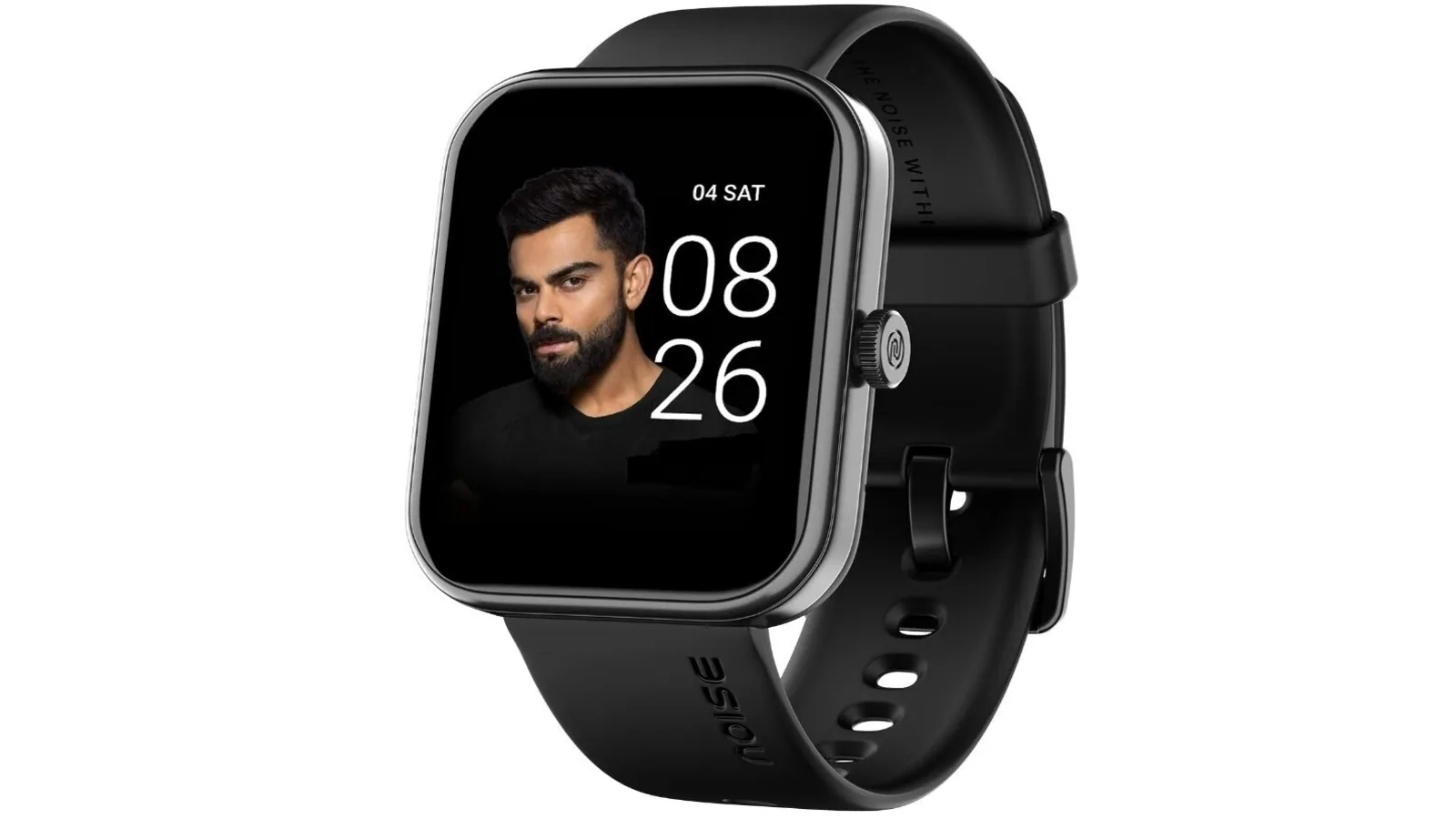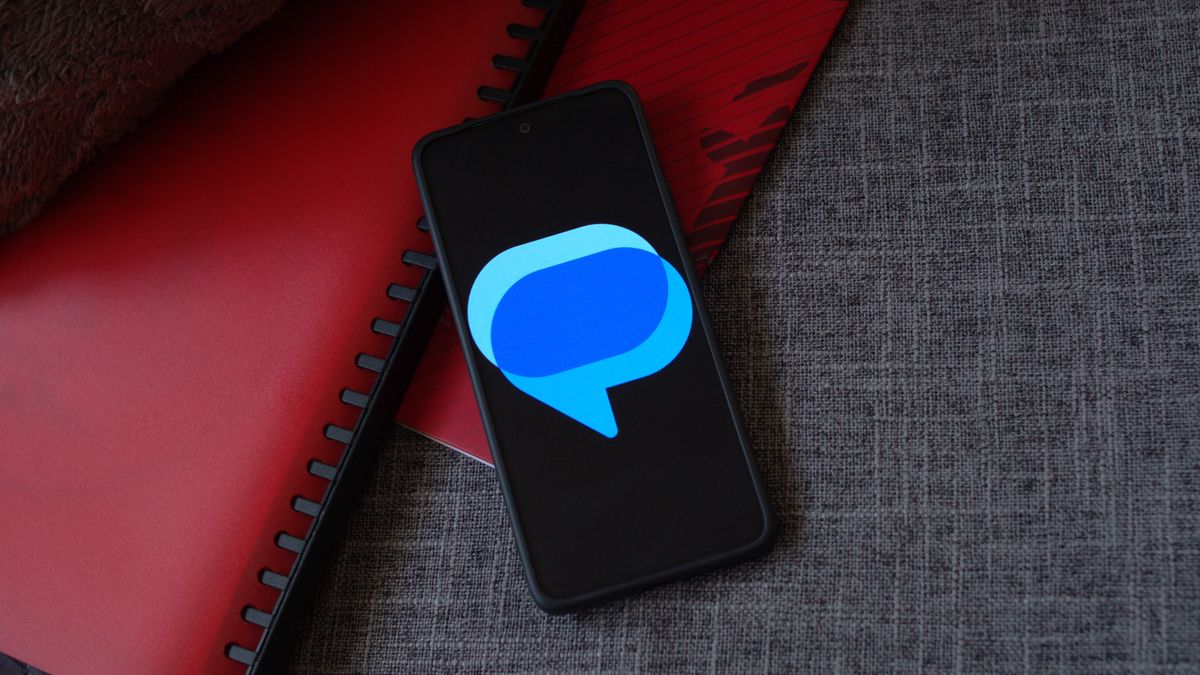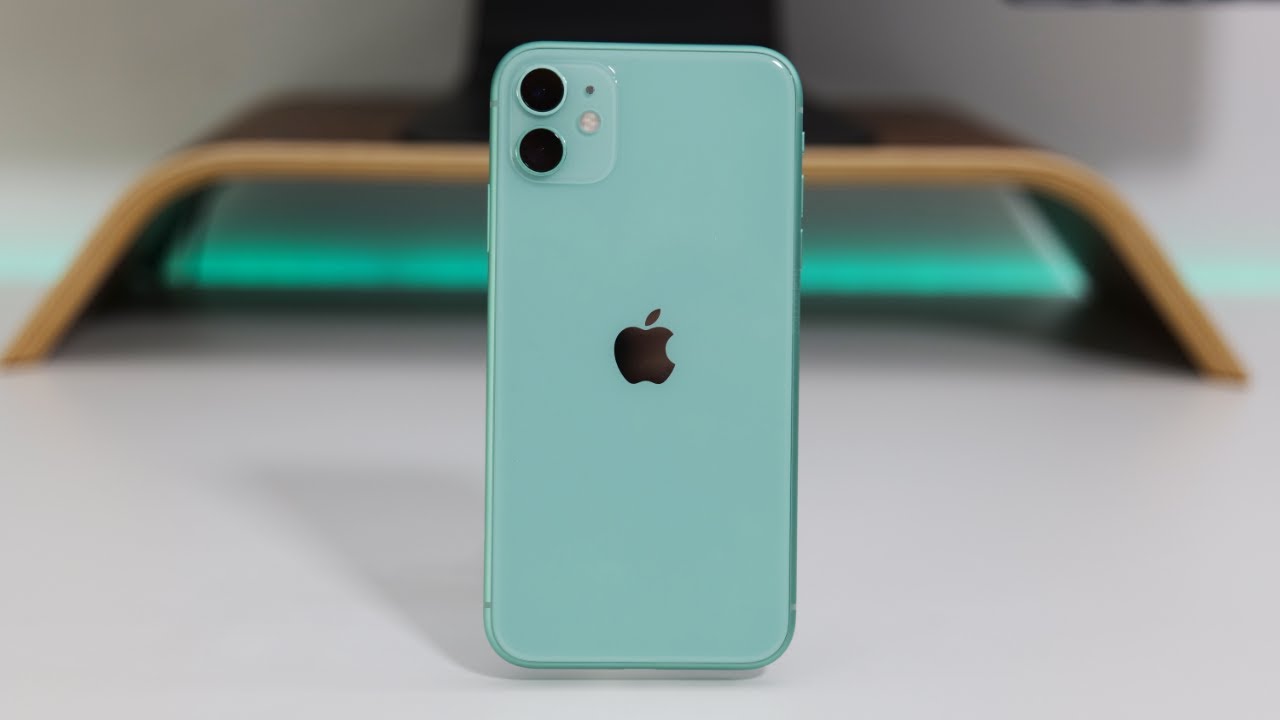Google’s newly launched Pixel Studio app, marketed as a creative tool for Pixel 9 users, is showcasing the exciting yet ethically complex landscape of AI-driven image generation. The app, designed to generate images from text prompts, has been making headlines not just for its creative capabilities, but also for its ability to generate content that sidesteps its own content restrictions. This has raised concerns about the efficacy of such safeguards in the face of increasingly sophisticated AI technology.
Reports indicate that users have successfully generated images that go against the intended limitations of the app. These range from depictions of cartoon characters in WWII German uniforms, some including Nazi insignia, to deeply disturbing scenes of school shootings. Such outputs highlight the inherent challenges in creating effective guardrails for AI-image generation tools like Google’s Pixel Studio.
The ease with which the app’s built-in safeguards can be circumvented underscores the constant struggle to strike a balance between enabling creative expression and preventing misuse of AI. It serves as a potent reminder that while AI technology offers a plethora of opportunities, it also comes with inherent risks that must be carefully managed.
As AI-image generation apps like Pixel Studio become more accessible, the need for robust, adaptable, and ethically sound safeguards becomes even more critical. It is imperative that developers prioritize the implementation of stringent measures to prevent misuse of their tools. Moreover, it is equally important that users exercise responsibility and ethical judgment when engaging with such technology.
The Pixel Studio incident serves as a wake-up call, prompting a broader conversation about the ethical implications of AI. It is crucial to foster open dialogues between developers, users, and policymakers to ensure that AI technology is harnessed for good and not misused for harmful purposes.












